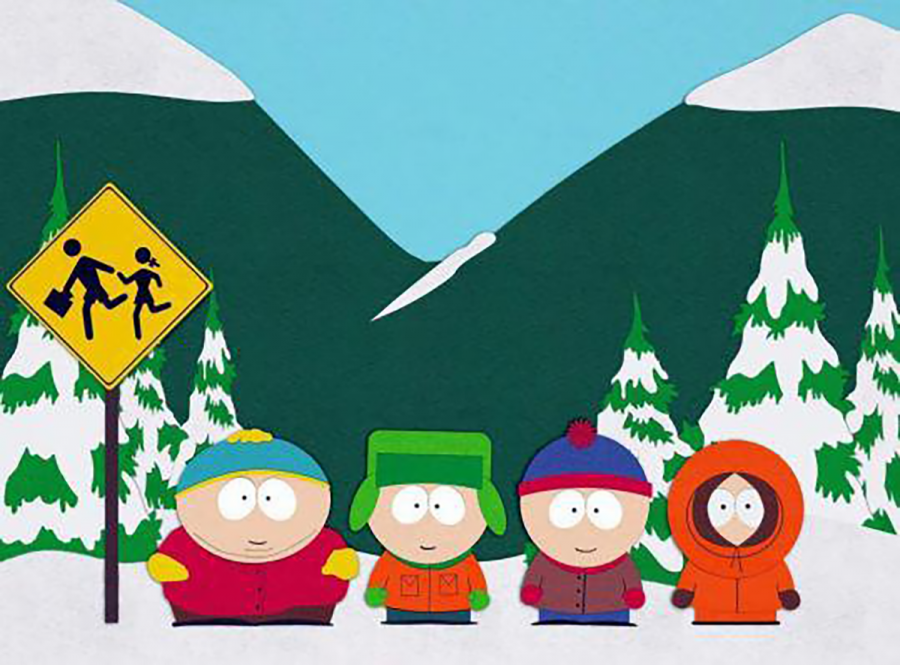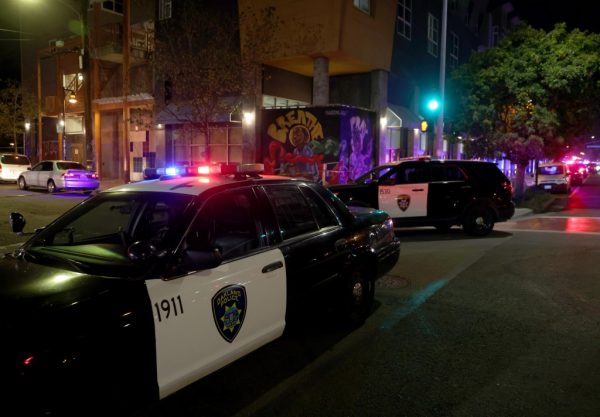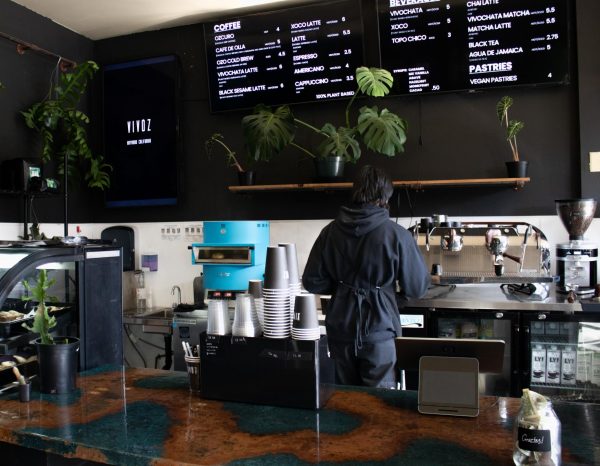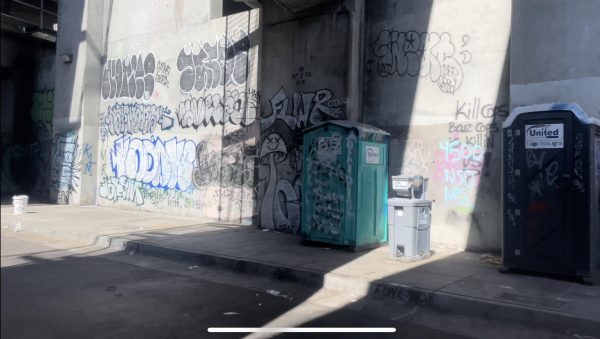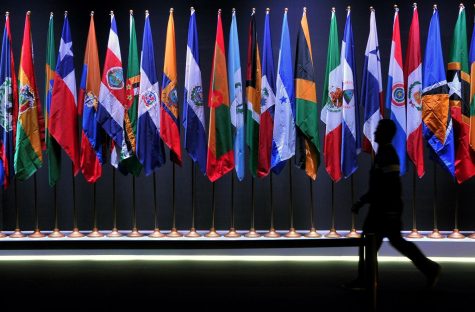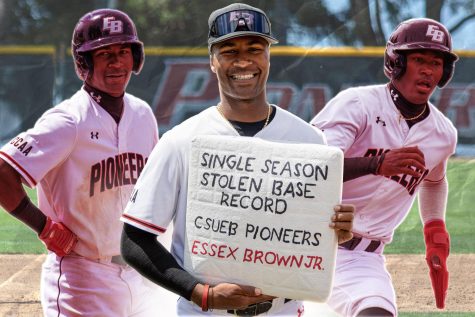South Park Banned in China
October 17, 2019
Comedy Central’s Emmy Award-winning television show South Park has gained it’s notoriety for the controversial topics they choose to cover, as even more so, how they decide to talk about said topics. From medical marijuana and the anti-one percent protests, to public scooters and the 9/11 attacks, South Park has never shied away from something topical.
However, the second episode of the latest season has done something to the show that has never happened before: South Park has been banned from China. This adds South Park to the long list of unorthodox things that China has banned from their country.
The Chinese Government has done things like this before with actors and cartoon characters before. The book “Animal Farm” was banned for the characters, which were animals, as they were able to act on the same complexity as humans. The government feared their citizens would learn from the book and start protesting. Brad Pitt was banned from China for his acting role in the film in the film “Seven Years in Tibet,” due to how the film portrayed the Chinese Government.
The most surprising of the list is Winnie the Pooh. The honey loving cartoon character was banned from China, not for social commentary or political agenda, but because the President of China, Xi Jinping, was made fun of by online memes saying he looked like the cartoon character.
This brings us to the reasons why South Park was banned. There were two main reasons: in classic South Park fashion, they made Winnie the Pooh a core character of the episode as someone who the Chinese Government imprisoned. The second reason was something no one expected the creators of South Park, Trey Parker and Matt Stone, to do, they took a stand.
Nearing the end of the episode, there was a fake advertisement regarding an established legal marijuana company in China, but the footage Parker and Stone used were from the riots that are currently going on in China.
For those who don’t know, the people of Hong Kong are currently fighting against the police forces of mainland China to protect their way of life. When Hong Kong stopped being a British colony in 1997, they were given back to China under a “one country, two systems” policy. This gave Hong Kong citizens rights that mainland China didn’t have, such as unrestricted internet access and the right to protest. But currently the situation has changed in favor of mainland China.
This past February, the Hong Kong government introduced a bill that takes those who commit crimes in Hong Kong to places that they have no control over, such as mainland China. “Critics said the bill would allow Beijing to target dissidents in Hong Kong with phony charges, exposing activists to China’s opaque legal system,” according to the New York Times.
Countless people came to protest the bill but several days after the protests started, the peaceful movement was met by tear gas and batons by the police. The situation only escalated as the list of demands that the protesters increased to protect free speech and re-elections of the chief executive, Carrie Lam, and lawmakers. The police also increased the severity of their methods with rubber bullets and water sprays.
Since the protests started, the extradition bill has been repelled but the other demands have not been met. A video surfaced of a police officer shooting a protester point blank with a live round, the first to use an actual bullet over a rubber bullet. This was one of the many catalysts that caused a small group of protesters have decided to take justice into their own hands and have become violent by using bricks and Molotov cocktails. Protesters have also damaged several businesses and train systems, as they believe they are pro-China.
Interestingly, other big names in the entertainment industry have weighed in on the China and Hong Kong situation. The video game company Blizzard, known for games such as Overwatch and World of Warcraft, temporarily banned pro player Chung “Blitzchung” Ng Wai after he called for liberation during an after-game interview. While Blizzard has stated that their actions were not caused by their Chinese sponsors weighing in, fans have speculated it was so Blizzard did not lose their Chinese fan base. During the League of Legends World Champion, the team Hong Kong Attitude had to be referred to as HKA, their acronym, or Hong Kong Attitude, but any other name such as Hong Kong was not permitted.
South Park isn’t the first cartoon to get banned from China, but they way they got banned is something to behold. While the show itself touches on politics, they haven’t been known to take a stand or be so straight forward with their political affiliations.




